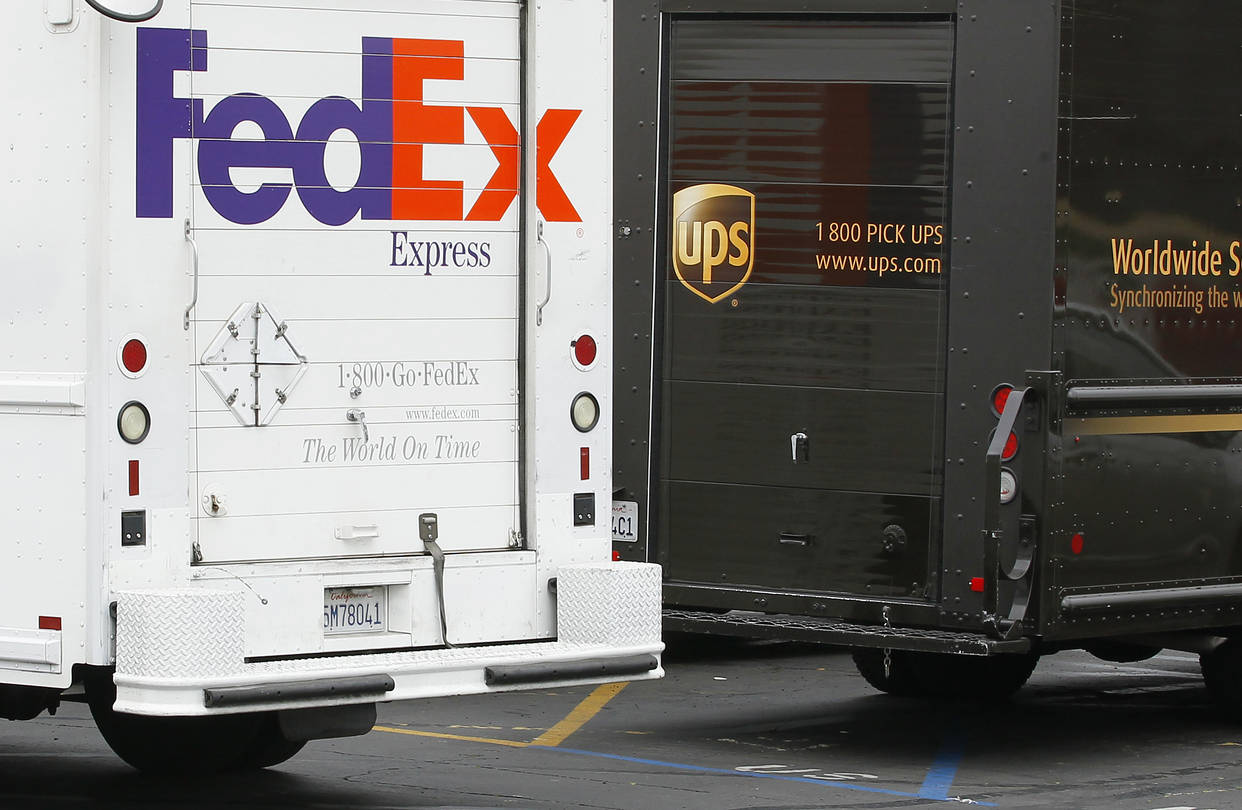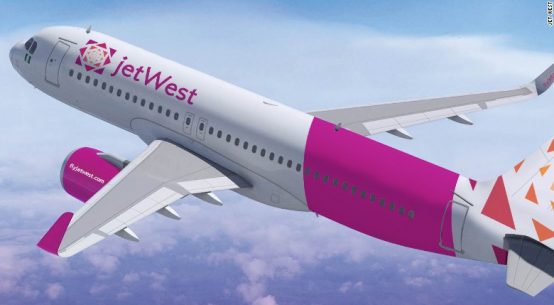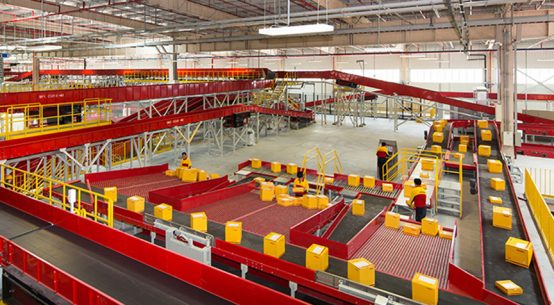
At a time when the U.S. needs unity and bold reforms, American businesses must be partners in building the future. While the business community has diverse interests, every company should agree on basic policy priorities if we want to be globally competitive. That’s why we are speaking out together—two fierce competitors, UPS and FedEx, who battle daily in the global marketplace but stand shoulder to shoulder on the need to make government policies more equitable, growth-oriented and simple.
The U.S. is at an inflection point as we experience an explosion of technological innovation and urban population growth. But we are not seizing the opportunity to grow our economy fast enough. From our discussions with diverse audiences—entry-level workers to fellow CEOs, from city councils to the highest levels in Washington—we believe that business and government can forge a consensus on policies that work for America.
Broadly, we need to embrace ambitious targets for growth in our national economy. The 2% annual growth in recent years isn’t enough. Thinking bigger will encourage company planners to innovate and unleash productivity. Both UPS and FedEx are competing to stay ahead of the booming e-commerce market by expanding and launching new technologies. With the right policies in place, everyone can prosper:
• Simplify taxes. The principles of simple, fair and progressive taxation are vital. If you lower rates, eliminate loopholes, and otherwise simplify the code, you create the opportunity for growth. Studies show that permanently lowering the corporate rate by even 10 percentage points would increase GDP by 1% to 2% without lowering tax revenue. That means our government could still fund programs critical to success while allowing individuals and businesses to invest more for growth.
• Invest in infrastructure. We must expand and modernize our roads, bridges, airports, seaports and other modes of transportation. China, India, and others are investing big in infrastructure while the U.S. lags. We need a long-term national approach with accountability and multiple funding mechanisms, including user fees and innovative partnerships with the private sector.
UPS and FedEx are major users of the transportation system, and we are prepared to pay our share for the use of new roads, bridges, and aviation systems. But we also believe those funds should be dedicated specifically to transportation infrastructure. And the time is now to find new ways of encouraging productivity, such as longer combination vehicles and safety enhancements.
• Free and fair trade. In a globally interconnected world, trade is vital to every American. With 95% of the world’s consumers located outside the U.S., we need to lead globalization through the negotiation of high-standard free-trade agreements. Similarly, policies like Open Skies have enabled companies like ours to serve a global marketplace.
The effort to negotiate new, modern trade deals, like the renegotiation of the North American Free Trade Agreement, will be game-changers in moving beyond tariff barriers to enable U.S. export and e-commerce growth. Establishing the right framework for commercial ties with all countries is an essential part of American competitiveness. U.S. companies don’t fear competition, but we need policies that keep it fair.
Some may think that American business and the administration are out of sync on trade. We’re not. We all agree on the need to grow and reach new markets, and we recognize the importance of not just making but enforcing fair and objective rules. If we can all play by the same rules, competition will thrive, and so will innovation, entrepreneurship and growth.
Now is the time for Americans to think and act boldly. By coming together and rallying around these key initiatives, we can increase global prosperity. If fierce competitors can agree on these fundamental policy priorities, can’t we all?
Source: Wsj








